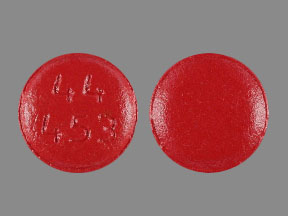
Phenylephrine Hcl Coupons & Savings Card – Discount Prices from $7.73
Generic for: Hm nose drops, Ra nose drops extra strength, Sm nose drops nasal decongest
My prescription
Edit
10MG, Phenylephrine Hcl (30 Tablets)
Select pharmacy

Albertsons
$7.73
COUPON PRICE
Walgreens
$10.45
COUPON PRICEPhenylephrine Hcl savings card
Show this card to your pharmacist
Albertsons
$7.73
BIN
ID
PCN
GRP
019876
LH55D51F6C
CHIPPO
LHX
Powered by
Price history for Ephrine Nose Drops (brand) & Phenylephrine Hcl (generic)
30 Tablets, 10MG
Average retail price for Ephrine Nose Drops
Average retail price for Phenylephrine Hcl
Average SaveHealth price for Phenylephrine Hcl
Our price history data is based on aggregated prescription data collected from participating pharmacies in America. Our prescription data updates daily to reflect the latest price changes. If you notice a missing data point, it means there wasn't sufficient data available to generate a monetary value for that date.
We analyzed Phenylephrine Hcl prices for (10MG, 30 Tablets) over the last 12 months. The average retail price was $16.19, while the average price using the SaveHealth discount card was $9.18. That's a savings of approximately 43.30% when using our Phenylephrine Hcl coupon.
Compared to the generic version, Ephrine Nose Drops had an average price of $6.10 over the same time period. With the SaveHealth savings card, Phenylephrine Hcl is -50.49% cheaper on average than Ephrine Nose Drops.
*Retail prices are based on pharmacy claims data, and may not be accurate when we don't have enough claims.
Phenylephrine Hcl dosage forms
Dosage Quantity Price from Per unit 10MG 30 Tablets $7.73 $0.26 10MG 36 Tablets $7.78 $0.22
| Dosage | Quantity | Price from | Per unit |
|---|---|---|---|
| 10MG | 30 Tablets | $7.73 | $0.26 |
| 10MG | 36 Tablets | $7.78 | $0.22 |
